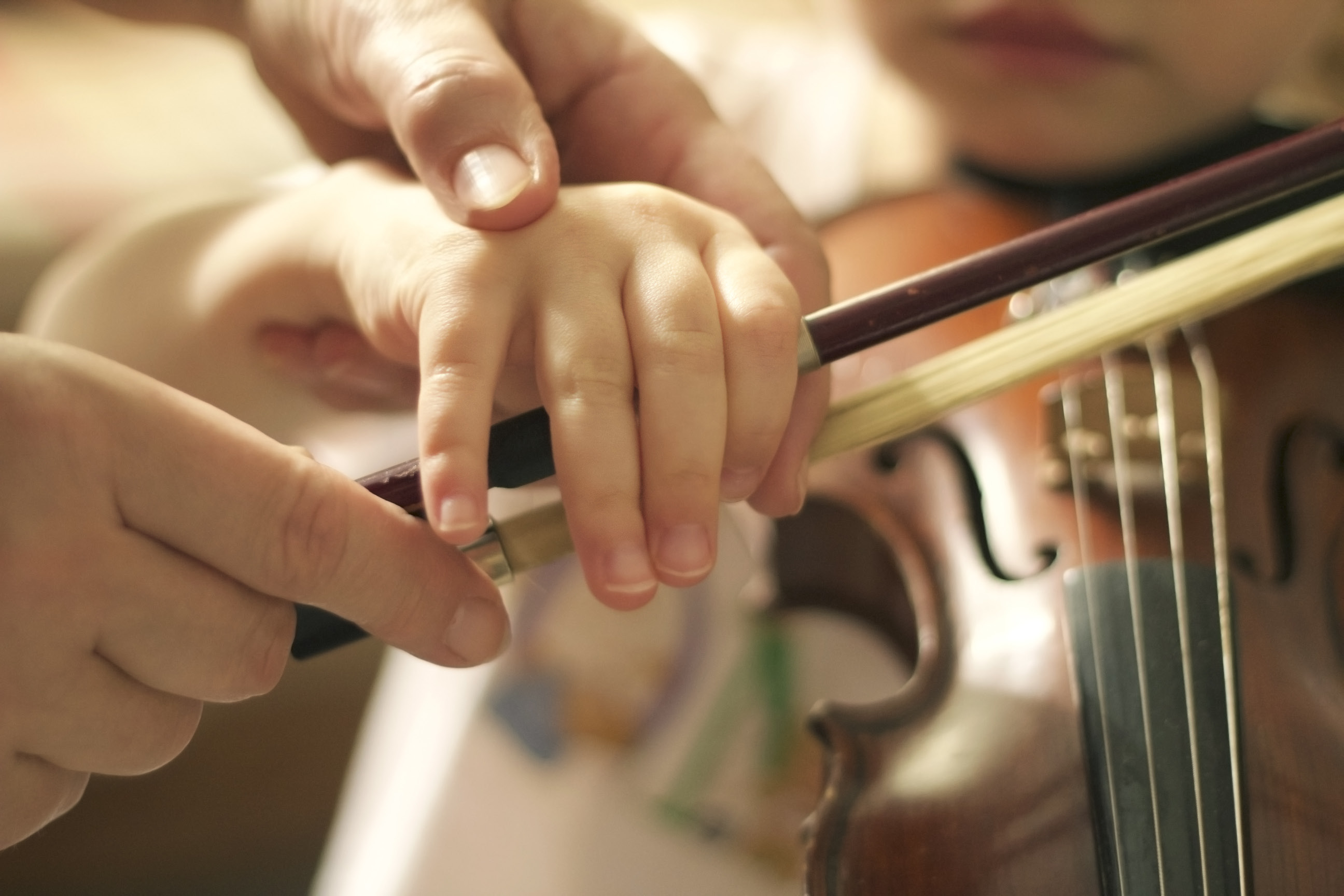Susan Elkin asks where are the musicians of the future going to come from if we don’t catch them young?
If you are to become proficient on an orchestral instrument – horn or cello, say – you need to start young and stick at it. And that means lessons, encouragement and opportunities consistently over many years.
We hear a lot these days about cuts to school budgets and the lack of funding for music lessons. Only the children of parents who can, and do, are able to learn properly, we’re told.
Then there’s the publicity about the many schemes which offer classroom instrumental tuition, funded either by the schools themselves or via projects, charities, sponsors and the like. Typically – and I’ve encountered it in both primary and secondary schools – the students are enabled to learn either a string or a wind instrument for a year. Well, of course, that’s wonderful and much better than nothing, but what happens at the end of the year?
Occasionally there will be a child with stunning inborn talent who shines almost from the moment he or she blows or bows a note and makes exceptionally rapid progress. Someone will, almost certainly spot her or him and make sure that support is found to ensure the continuation of tuition, access to local ensembles and so on, maybe eventually into a career as a virtuoso instrumental musician.
But what about the other ten in the class who are moderately musical, quite enjoy what they’re doing and on balance would like to continue? In most cases, they won’t be able to unless a parent or someone else pays for lessons. And they’re the ones I worry about.
Given the right nurturing these are the people who will go on making amateur music all their lives thereby enhancing themselves and, probably, the communities they live and work in. One or two of them, if they’re determined and work hard enough could become rank and file professional players, music teachers, music therapists and the like – all very valuable contributions.
As things now are, we’re in serious danger of losing most of these simply because they aren’t given the right opportunities during those crucial formative years.
I feel strongly about this because I was one of them. When I was seven, our teacher at Rathfern Road Junior Mixed School, London SE6, said “If anyone would like to learn to play the violin bring a note from home tomorrow”. Well that seemed an interesting idea, not least because I knew my father had played as a boy (soon afterwards he returned to it and became an acclaimed ceilidh band leader) so I took the letter from home and started in a group of about eight taught weekly by Mrs Clements. When I went to grammar school my father paid for one to one lessons until I was eighteen – lucky me. I am still playing today – two orchestras, string quartets and other things despite a longish gap during which I did mostly choral singing instead.
Now the point of this story is that I am a very indifferent player. Never could there have been the faintest chance of my doing it professionally. I did take the high level exams before I left school just scraping through them with the minimum marks. I am not talented but I was given the opportunities (a high spot, for example was playing in a one-off London Secondary Schools Symphony orchestra for The Creation conducted by David Willcocks). Because of that I have enjoyed a lifetime of music making and sung and played in lots of concerts over the years with paying audiences who claimed to have enjoyed the music.
What happens to girls and boys like me now? I don’t think it would have occurred to anyone that I should play the violin had it not been for that chance remark by our teacher which led to three years of free lessons. At that time, had I not been in a semi-independent London grammar school (on a free place because I’d passed the 11 plus) I would almost certainly have been able to continue with it free at secondary school too.
If children who have potential, as opposed to talent, are not developed then how are the symphony orchestras and pits for opera and musical theatre to be filled in the future? As it is, many of the players in most major British orchestras come from elsewhere in Europe or the far East – where, on the whole, they seem to be rather better at catching their young players at an early age and supporting them.
Of course, organisations such as National Youth Orchestra, National Children’s Orchestra and other national ensembles do their best and most of them have some funding for the support of the less well off. As do many county and other local youth orchestras. But how, if you don’t have the resources, do you reach the right standard to play in these groups? I contend that large numbers of children and young people are missing out and being missed.
And a year of exposure is not enough. We have to work out how to allow and encourage keen – selected or self-selected – children to stop being beginners and become players. That means thinking laterally and finding low budget strategies for getting more instrumentalists into schools to teach individuals and lead groups.
How many schools, for example, liaise with their local Salvation Army citadel? Wherever you find Salvationists you find good brass players. If there’s a drama school or university with performing arts courses nearby, are there any musical students who could come into school to help develop children with potential?
Or of course, head teachers and governors could simply look at their budgets and prioritise music which enhances lives and, a number of studies have shown, tends to improve progress in other subjects too. If some schools can do it then all schools could.



